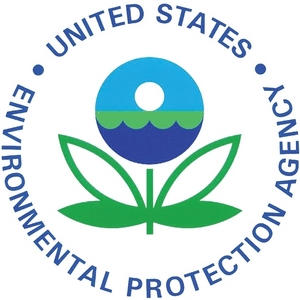US EPA sends long-awaited renewable fuels rule to White House

August 25, 2014
BY The National Biodiesel Board
The National Biodiesel Board released the following statement from Vice President of Federal Affairs Anne Steckel after the EPA sent the proposed final rule for the 2014 renewable fuel standard (RFS) to the White House Office of Management and Budget for final review:
“We’re pleased to see the process moving forward and hope the final rule will show that this administration is standing behind our national goals for clean, domestic fuels that strengthen our economy and national security. We also continue to urge the administration to finalize the rule as quickly as possible. The original EPA proposal and continued delays have severely disrupted the U.S. biodiesel industry this year. We can begin to reverse that damage with a meaningful increase in the biodiesel volume that is finalized as quickly as possible so that producers can ramp up production in a timely fashion.”
Biodiesel is made from a wide variety of feedstocks including recycled cooking oil, soybean oil and animal fats. It is the first and only commercial-scale fuel produced across the U.S. to meet the EPA’s definition as an advanced biofuel, meaning the EPA has determined that it reduces greenhouse gas emissions by more than 50 percent when compared with petroleum diesel. Produced in nearly every state in the country, the industry has exceeded RFS requirements in every year of the program, reaching a record U.S. market of nearly 1.8 billion gallons and supporting more than 62,000 jobs nationwide.
Advertisement
In a draft RFS rule released in November, the EPA proposed holding biodiesel volumes at 1.28 billion gallons—a sharp drop from last year’s actual production of nearly 1.8 billion gallons. Biodiesel producers around the country have warned that such a proposal will cause severe contraction in the industry. A nationwide survey of producers conducted by the NBB in April found that more than half have already idled a plant this year and 78 percent have reduced production from last year. Nearly two-thirds—66 percent—have already laid off employees or anticipate doing so.
Advertisement
Related Stories
California’s new specified source feedstock attestation requirement: A critical new compliance step for renewable fuel producers
As of July 2025, California’s SCFS requires renewable fuel producers using specified source feedstocks to secure attestation letters reaching back to the point of origin. This marks a significant shift in compliance expectations.
The public comment period on the U.S. EPA’s proposed rule to set 2026 and 2027 RFS RVOs and revise RFS regulations closed Aug. 8. Biofuel groups have largely expressed support for the proposal but also outlined several ways to improve the rulemaking.
The U.S. renewable fuels industry on Aug. 8 celebrated the 20th anniversary of the Renewable Fuel Standard. Federal lawmakers also marked the occasion with resolutions introduced in the House and Senate earlier this month.
Iowa farmers have a new market opportunity for their 2025 soybean crop. Landus is expanding its Clean Fuel Regulation initiative, made possible by recent policy changes expected to increase Canada's demand for liquid biofuel.
Klobuchar, Moran introduce bipartisan legislation to support biorefineries, renewable chemicals, and biomanufacturing
Sens. Amy Klobuchar, D-Minn., and Jerry Moran, R-Kan., on July 31 announced the introduction of the Ag BIO Act. The legislation aims to update the USDA’s loan guarantee program to better support biorefining projects.
Upcoming Events










